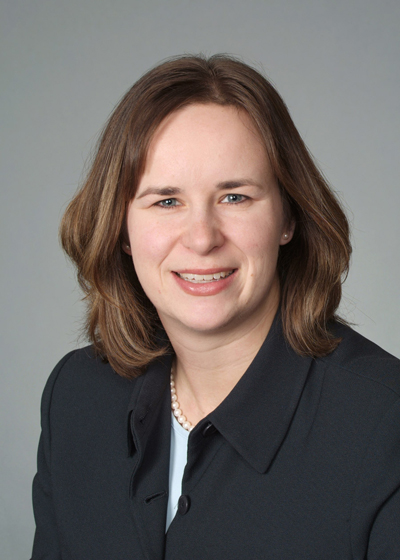What to Do When the Best Evidence is in the Hands of Someone Else
Jo Anna Pollock, an intellectual property attorney, has been selected as a speaker during the AAJ’s Litigation at Sunrise series, presented during the Annual Convention on July 13 in New York City. Her presentation is called “Discovering Facts from Third Parties: When the Best Evidence is in the Hands of Someone Else.”

She will provide attendees with best practice guidelines for subpoenaing outside parties that she’s developed from her experience at Simmons Hanly Conroy.
“Unless you serve a non-party subpoena, you will not obtain the game-changing evidence,” she said. “While regular discovery protocols apply to non-parties on paper, the reality is that courts are reluctant to impose a burden on the non-parties. If you don’t enforce your subpoena correctly, you’ll never see the critical evidence.”
Her approach to handling subpoenas has led to significant success over the years. Only after obtaining key evidence from non-parties, that could not be obtained from the defendants, was she able to conclusively establish copyright and patent infringement. The defendants promptly settled when faced with the damaging evidence.
“Most attorneys are familiar with non-party subpoenas,” Pollock said. “But many believe the delay and cost they can cause is not worth the hassle.”
The challenge with approaching a non-party is they don’t care about you, about your client, and, especially, not about the case. Sending a cold subpoena doesn’t make them care, Pollock said. It is just another headache added to their already busy lives.
Pollock recommends first contacting the company as a courtesy or sending a courteous cover letter inviting the non-party to contact you. Explain the situation and that you’ll do your best to minimize the disruption the subpoena will cause to their daily routine. Get them to care, by making them understand that the faster your job is done, the sooner they can go back to normal.
“If you approach the non-party demanding a fishing expedition, you will face an uphill battle and will likely lose if pressed to enforce your subpoena in court,” she said. Simply spending time on the phone negotiating the subpoena’s scope has helped Pollock avoid having the non-party subpoenas tangled up in another court’s jurisdiction, which increase costs and delay the case.
Being polite is not the only tip Pollock will share during her presentation. She will further explain the costs and who is responsible for them. She will also review best practices as outlined by current case law and talk about successful strategies that have helped her.




